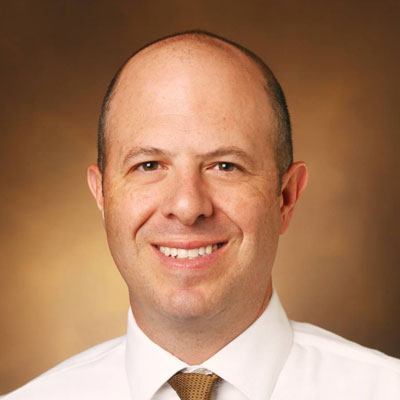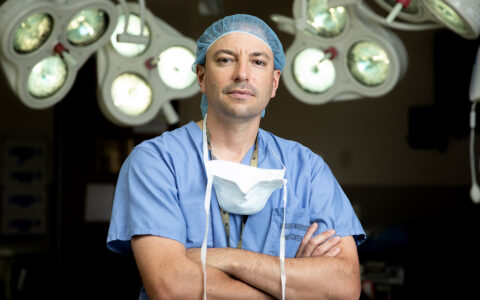Decitabine is an approved therapy for myelodysplastic syndromes (MDS) currently administered only by infusions because it is rapidly cleared through the digestive system. Patients with MDS, who have lost the ability to manufacture healthy blood cells, receive the intravenous therapy for five to seven consecutive days on regular monthly cycles, resulting in time and travel commitments as well as financial hardships. A new oral version of decitabine offers the promise of reducing this burden.
An update on the phase 3 trial testing this agent, named ASCERTAIN, was presented during the American Society of Hematology Annual Meeting and Exposition in Orlando, Florida. Michael Savona, M.D., professor of medicine and cancer biology at Vanderbilt University Medical Center, was corresponding author on the presentation. Savona was also lead author of an article on a phase 1 study of the oral agent published this year in The Lancet Haematology.
Oral Decitabine Hits the Mark
In the new phase 3 study, Savona and colleagues tested an oral therapy that is a combination of decitabine (the hypomethylating agent used in the treatment of MDS) and cedazuridine (a drug that inhibits cytidine deaminase, which is the enzyme that degrades decitabine in the gut and liver). The cross over trial involved 133 patients, all of whom received both infusion and oral therapy, but in different sequences. One arm received decitabine infusion therapy first, while the other arm received the oral therapy first.
The study demonstrated that oral therapy resulted in equivalent decitabine exposure to the infusion therapy. Safety findings on the oral therapy also showed no clinically significant gastrointestinal toxicity.
“Bioavailability of oral or IV decitabine is nearly identical – within the same patient – when the right mix of cedazuridine and decitabine are combined in a tablet.”
“This randomized study shows that the bioavailability of oral or IV decitabine is nearly identical – within the same patient – when the right mix of cedazuridine and decitabine are combined in a tablet,” Savona said.
With the oral medication already in phase 3 trials, Savona expects it may soon be available to MDS patients. “This [study] provides a great example of how to carefully show bioequivalency with the change in the route of administration of cancer therapy and will likely lead to the approval of this fixed dose capsule by the FDA, and drive patient satisfaction and confidence. Importantly, we will then be able to use this agent in combination with other outpatient oral therapies as we work to improve remissions and survival in MDS and other myeloid diseases.”





